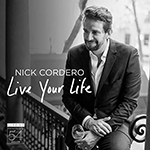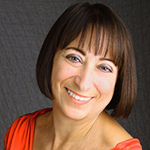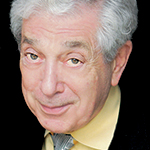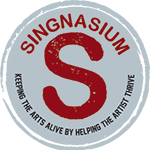Michael Feinstein
Standard Time—
Where Do You Start: Michael Feinstein’s Greatest Hits
Zankel Hall, NYC, November 15, 2023
Reviewed by Alix Cohen
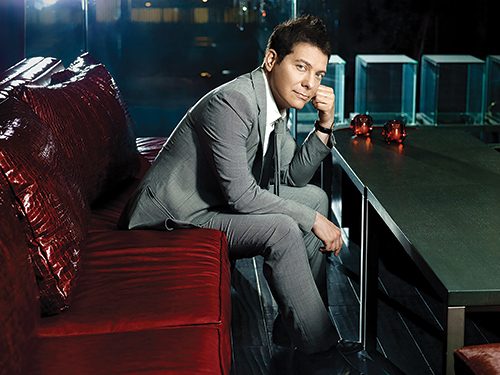
“I don’t really know what the best of is,” quipped Michael Feinstein. “I decided to do anything that didn’t suck.” He grinned. Selection, of course, is part of this vocalist’s ineffable skill, as is sequencing a program. This show in his Zankel Hall Standard Time series seemed comfortable. He joked with someone about switching seats and said “God bless you” to an audience sneeze. It’s clear Feinstein enjoys performance intimacy. The room was not entirely dark, and he picked out faces.
At least half of tonight’s concert was performed without the excellent pianist Tedd Firth so that Feinstein could accompany himself; that was a treat. “Isn’t It Romantic” (Richard Rodgers/Lorenz Hart) was on his first recording. It’s a reverie whose last note floated. “I Love a Piano” (Irving Berlin) took its time until the jaunty band— David Finck on bass and Mark McLean on drums—came in with an enthusiastic whomp (not overstated.) “I love to rrrrrun my fingers o’er the keys,” the vocalist sang drawing out the “r.” Then he sang, “P-I-A-N-Oh! Oh! Aow!” as he rose up from the piano bench.
Feinstein was lucky to have originally introduced “Where Do You Start?” (Johnny Mandel/Alan & Marilyn Bergman). Tonight, it was breathy and wistful, a faded valentine. As if married to that song, “My Favorite Year” (Michele Brourman/Karen Gottlieb) followed, tiptoeing with sighs and a hum. Feinstein said that “Jerry (Herman) told me this was the favorite of everything he wrote” as he introduced “I Won’t Send Roses” from the ill-fated musical Mack and Mabel, in whichI had seen Robert Preston. The song is eloquent and affecting without gruffness.
With Firth back at the piano, Feinstein kept things soft. He reminded us that the Kenneth Ascher/Paul Williams “You and Me Against the World” had been a big hit for Helen Ready. “One has to have experience to interpret the song,” he commented. In fact, it sounded personal. The proverbial octave change wisely didn’t add volume, just feeling. Firth appeared to breathe in tandem with the vocal. Not a cough or a rustle disturbed the audience’s attention.
“How About You?” (Ralph Freed/Burton Lane) arrived swinging. Fleet-fingered bass and percussion, as if at a playground, made it danceable. Feinstein is a cabaret purist, so there was happily no updating of the original references. “How about you?” he asked sweeping his arm inclusively. “A couple of songs I’ll always connect to Bobby Short” prefaced “Let Me Love You” (Bart Howard), as a nightclub cha-cha and “Let There Be Love” (Lionel Rand/Ian Grant) with a jazz-flavored feel by Firth, who swayed and bobbed. W.C. Handy’s “St. Louis Blues” and Shelton Brooks’ “Some of These Days” emerged cool and self-possessed with no attempt at a N’ Orleans sound. Even sophisticates get depressed.
Feinstein observed that “the closest association the Gershwins had with performers was with the Astaires” to began a bit of warm musical history. A medley of songs written by the Gershwins and sung by the Astaires was, for the most part, hap, hap, happy. Back at the piano, Feinstein performed “How Do You Keep the Music Playing?” (Legrand/the Bergmans) as an expression of the loss shared by Ira Gershwin and Fred Astaire when George Gershwin died prematurely at age 38. We may never hear it again the same way.
Feinstein was polished and charming, as he shared his private memories of the songwriters represented in tonight’s program. “Thank you for having the wherewithal to keep this music alive,” he graciously added.


